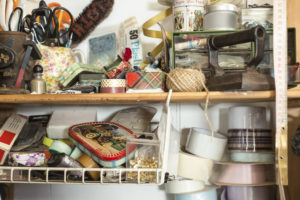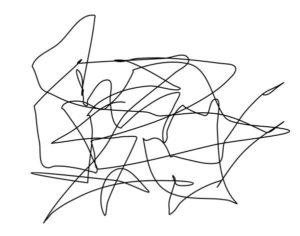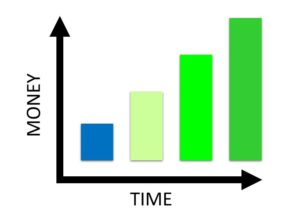The holiday season can be full of good things—family gatherings, festive meals, celebrations. We all know the stress that comes with it too: work deadlines, gift shopping, family stress and hosting duties, a never-ending to-do list. During this time home organization often slips to the bottom of the priority list. But staying organized during the holidays can actually make this busy season feel lighter, calmer, and far more enjoyable.
A little planning and a few intentional changes can save you time, reduce stress, and help you focus on what truly matters. Here are four simple ways to stay organized this holiday season.
- Make A Plan
If you’re hosting, take a few minutes to write down or retrieve what you’ll need—serveware, linens, decorations, pantry staples. Knowing what you already have (and what you don’t) prevents last-minute scrambling and duplicate purchases. - Tidy Up for Friends and Family
It’s tempting to want your entire home organized overnight, but that usually leads to burnout. Instead, choose one room or area and focus there. Small wins build momentum, and tackling spaces one by one allows for deeper, more lasting organization. Even better, the systems you set up now can carry you smoothly into the new year. - Use Containers to Corral Seasonal Items
Clear containers or boxes are your secret weapon. Group similar items together—gift-wrapping supplies in one bin, decorations in another—and label them clearly. When everything has a designated home, you’ll spend less time searching and more time enjoying the season. - Declutter What You No Longer Use
Clutter adds stress—especially during an already busy time of year. Take the opportunity to let go of items that no longer serve you: broken decorations, expired pantry goods, mismatched linens, old wrapping paper, unused mugs, or toys your kids have outgrown. Donate or discard what you don’t need. Clearing physical space also creates mental clarity, making you feel calmer.
The holidays will never be perfect, and that’s okay. An organized home can help minimize stress and maximize joy. By putting a few simple systems in place, you create space to be fully present—laughing, celebrating, and making memories with the people you love most.
Need help getting organized? Schedule your FREE discovery call to learn how we can help.











